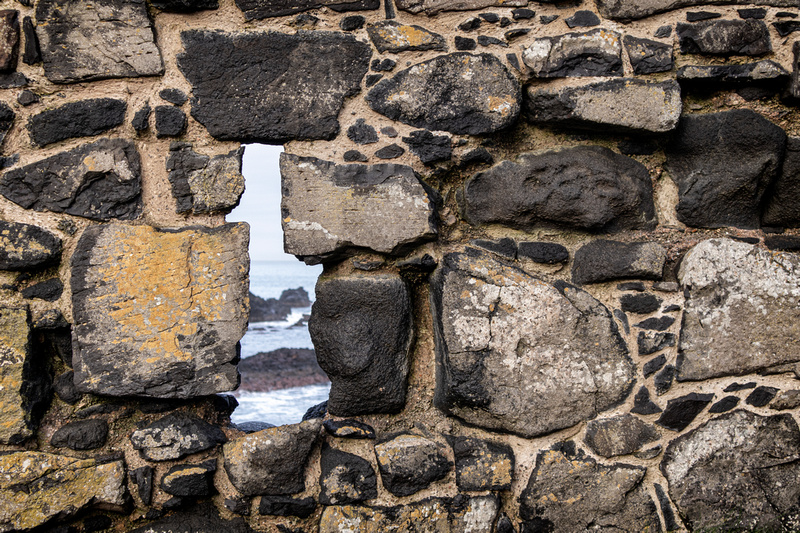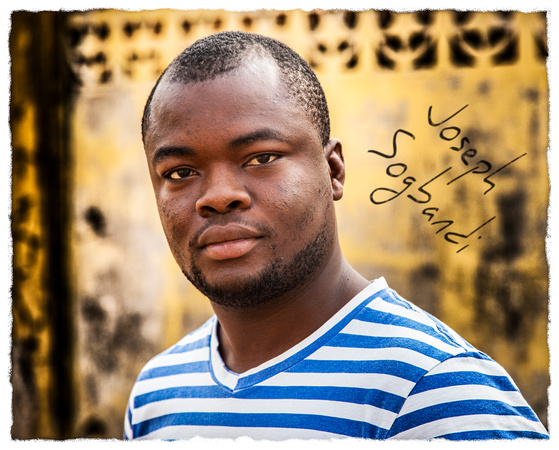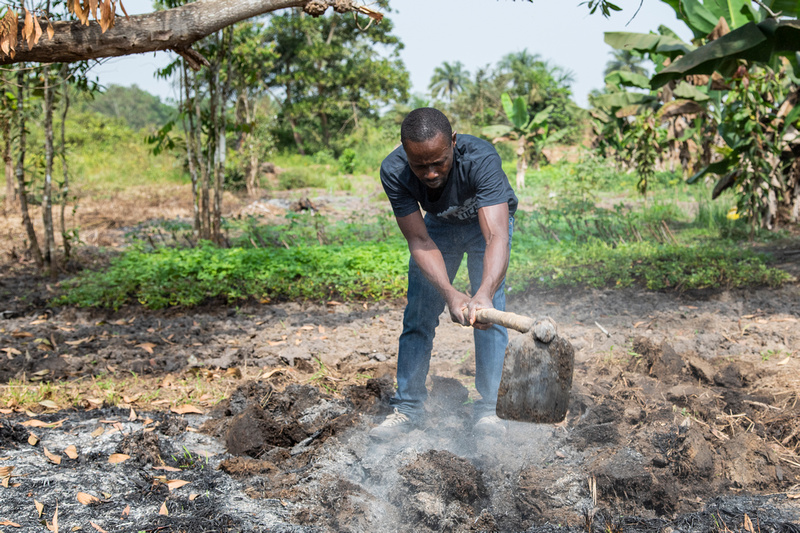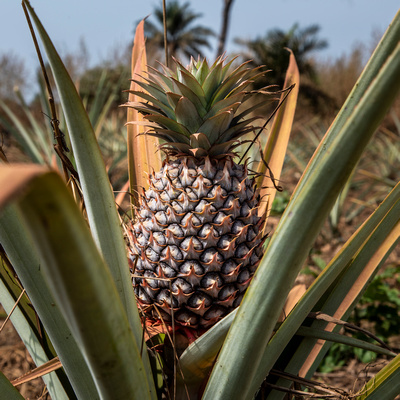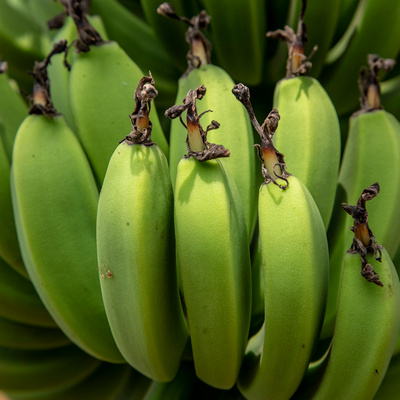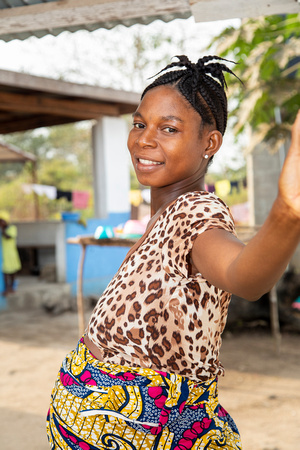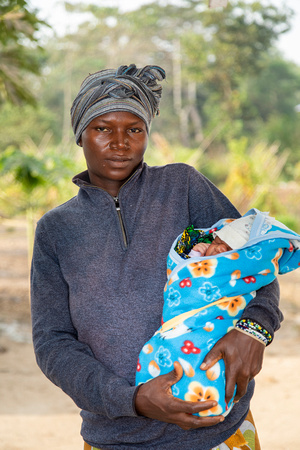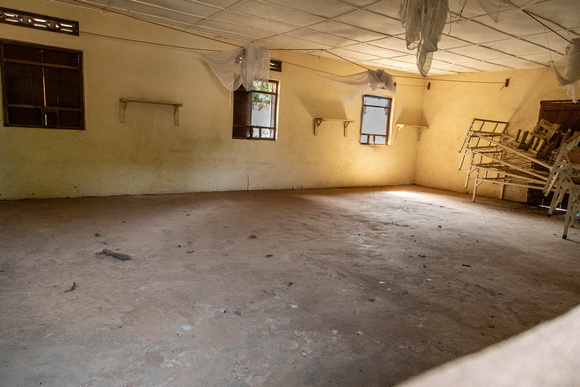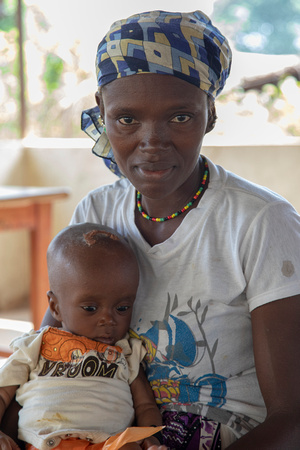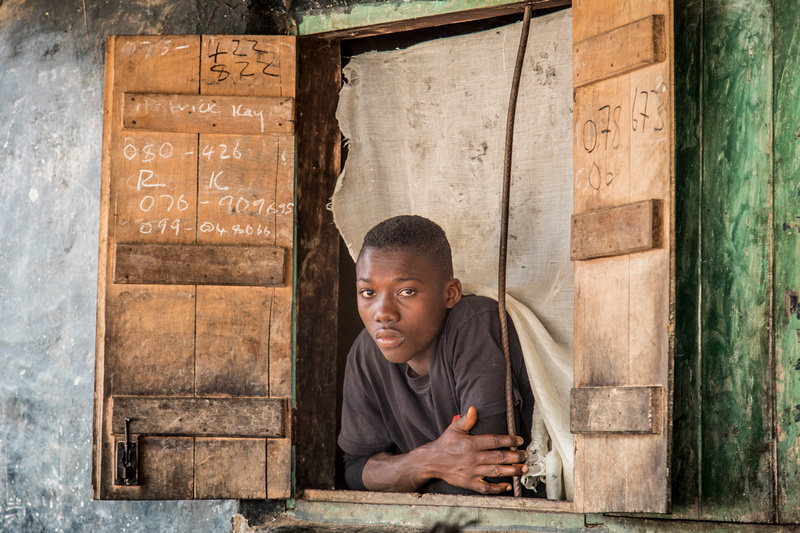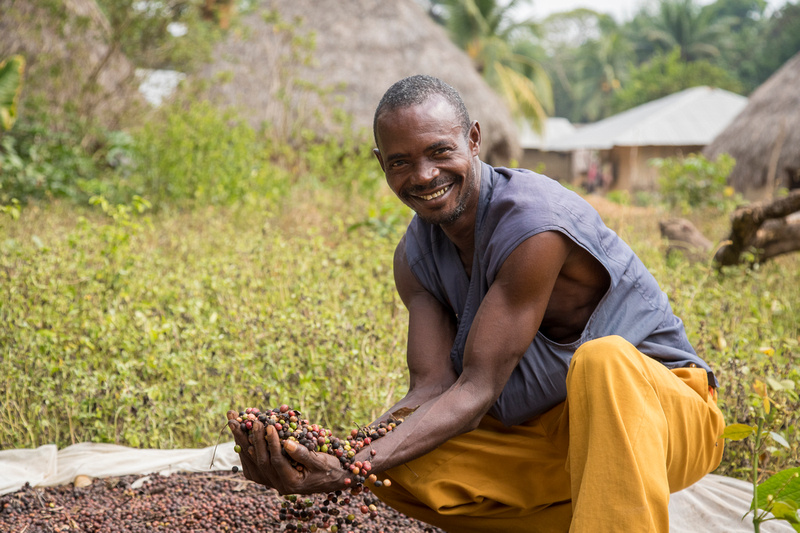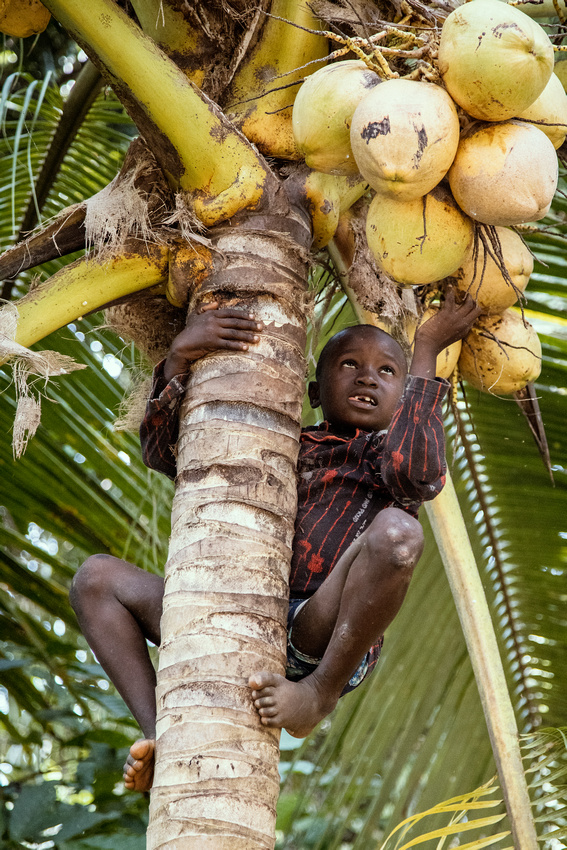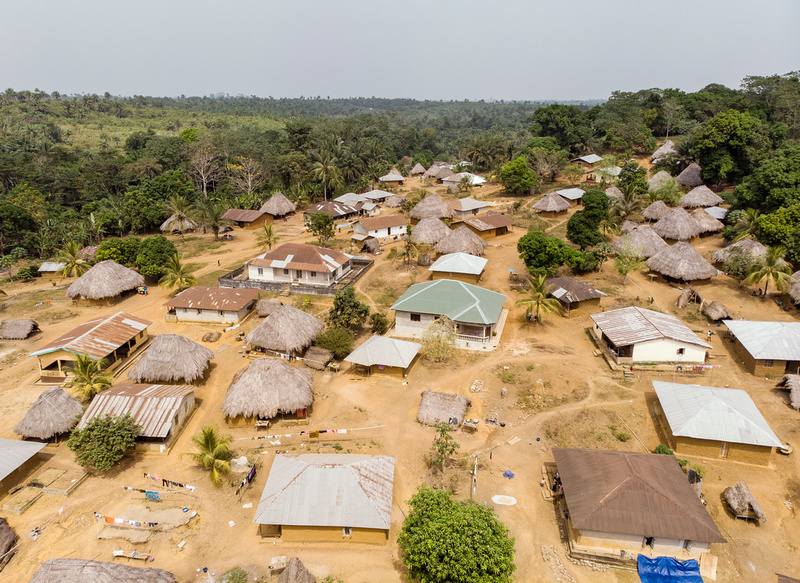Every Photo Has A Story Behind ItBuilt in 1547, Kinbane Castle is little more than a partial walls today. There are other castles, particularly Dunluce that are far more interesting to visit and much more accessible than Kinbane. Yet there was something spiritual about my visit here last week. As I climbed down the steps, walked carefully across the muddy grass and up into the castle I found myself staring through this hole in the wall, a window on the world. I'm not sure what attracted me to this scene, but I stood there, studying the wall and peering through the hole at the rocks and ocean behind it, then focusing again on the wall. A wall that had stood the test of time, almost 500 years. How many sets of eyes had peered through this window? Some no doubt looked out with fear in their eyes as the castle was besieged in 1551 and again in 1555, others in awe of the beauty and power of the ocean they gazed upon. Perhaps lovers peered out upon their beloved. I captured this image as a reminder of the old and the ancient. The walls are old, the ocean and rocks you can see through the window are ancient, millions of years old. There are stories in this place, unknown stories, stories lost to history, the stories of people who are no longer known. Yet here I stand looking through this window, reflecting on life, thinking of the past while being in the present. Aware of the old, awed by the ancient power of waves and stone. I wanted to capture that moment. What do you want to see when you look out the window?
Trust
This is a man to whom I have trusted my life. When I first visited Sierra Leone in January of 2018 I was asked if I would comfortable riding on the back of a motorcycle. I sensed that "no" was not an option, so I said, "yes." Joseph became my driver. I hopped on the back of his bike and the two of us took off, travelling around Tikonko chiefdom and the city of Bo. At first it was a white-knuckle experience for me as I gripped tightly to the bar behind me. Over time I learned to relax a little more and began to enjoy the journey. Cocooned inside the helmet I allowed myself to trust. I told myself that there was no point in worrying or being anxious because I had no way to control anything that was happening. I was along for the ride so I might as well enjoy it. On my return trip to Sierra Leone this past January I was thrilled to learn that Joseph was available to provide my transportation. So, for two weeks we travelled the dirt roads of Tikonko and the city streets of Bo. My life in his hands, trusting my friend. We live in culture built on mistrust and suspicion. This leads to a culture of fear. We think of trust as something that must be earned before it is given. I believe we have it wrong. We should trust first. Joseph reminded, or maybe taught, me the importance of trust. I had to trust someone I didn’t know, as a foreigner in a new land. Some may say I’m being naïve, I’m OK with that. I’d rather start with trust and be let down than start from suspicion and force someone to prove themselves. I think this is the way of love, the way of Christ. RHCI farms on their landIn rural Sierra Leone subsistence farming is, for many, a necessary way of life. At the Mbao Mi Mother's home RHCI is fortunate enough to have land to farm that helps generate the food needed to provide three meals a day for the women who stay there.
Even though we visited during the dry season, a time of year when very little is growing, Patrick took advantage of shady spots to plant casava, beans, and peppers. He would water twice a day. Getting his water from a nearby swamp, he would dig a hole three or four feet deep, allow it to fill with water, and then use that to fill watering cans over and over and over again. It is hard manual labor but it is making a difference in the community. There are many other crops that are growing and will produce during the rainy season, oranges, pears, peanuts, papya, and mango. In 3-5 years coconut should be available and we are already seeing crops of banana and pineapple.
Food security is a major issue in developing nations. In Tikonko, the planting season begins in May and the harvest in September. During the months of July and August access to an adequate food supply is a challenge for many people and hunger becomes a reality they have to face. It doesn't have to be this way. We live in a world with an abundance of resources. The problem is in distribution. Things that make me mad!
Tiangay is from the Julien community in Tikonko where she lives with her husband and three other children. Her husband works in the Diamond minds, hoping to earn enough money to support the family. As Tiangay waits to give birth she is grateful for the opportunity she has to be at the birth waiting home.
So, you might ask why I would be mad. Actually, pissed off is a better term. I'm really upset today!
Later this afternoon we went to Gondama where I met Kaba, the area midwife. She is a woman who is passionate about her work. She showed me where they used to have a birth waiting home. It was built by M.S.F. (Doctors Without Borders), but after their three year contract was up they just left and there was no funding to keep it open. Kaba explained, what I already knew, that if there is nowhere for them to stay then women are more inclined to give birth in their villages, particularly during the rainy season, so if there are any complications there is no help for them and the mom's die. The sight of the empty building broke my heart. But that's not what's pushing me over the edge today. We returned to the clinic and spent some time talking about malnutrition. They see a large number of malnourished children and she went over some of the numbers for us. It was striking that they recorded no cases in April or May of this year. So we asked why? The answer was they had no food to offer the malnourished children so no one came and no cases were recorded! Apparently UNICEF used to provide them with Wheat Flower that they could send home with the families to help them get a start on providing proper food for their kids. However UNICEF determined that the kids in this region aren't "vulnerable enough" and have taken their resources elsewhere. Now I'm getting mad! There's enough resources in our world for everyone. Distribution is the main issue. Kids are dying because we can't get our act (I wanted to use a stronger word here but thought I'd keep it family friendly) together. Now I'm steaming.
Now the question is what do I do with my passion? Turn it into action, demand justice in the world and continue to work with RHCI and other groups that seek to bring hope through tangible action to folks like Tiangay, Sowoh and Sannay. First full day in TikonkoWhat a day! After a great night's sleep, my first since Friday, I hopped on the back of Mohammed Kabba's motorcycle and we headed out into the chiefdom of Tikonko. We visited a number of different villages, stopping in each one to spend some time with the people there. Kabba knows many of the folks in the villages as he is responsible for transporting medical supplies to the clinics that RHCI supports. It was plenty hot out for me, but having just escaped Minnesota's winter I'll happily take 97 degrees. When I saw this young man just hanging out the window I thought it would make a great photo. It's my favorite shot of the day.
We also visited the village of Kasama. I popped the drone up in the air., which is something new to me as I only acquired it at Christmas. At one point I thought I was going to lose it as I struggled to figure out which direction it was flying! But I managed to grab this fun aerial shot of the village. I'm sure there will be more to come.
« Older Posts
© Neil Craigan Photography
|

